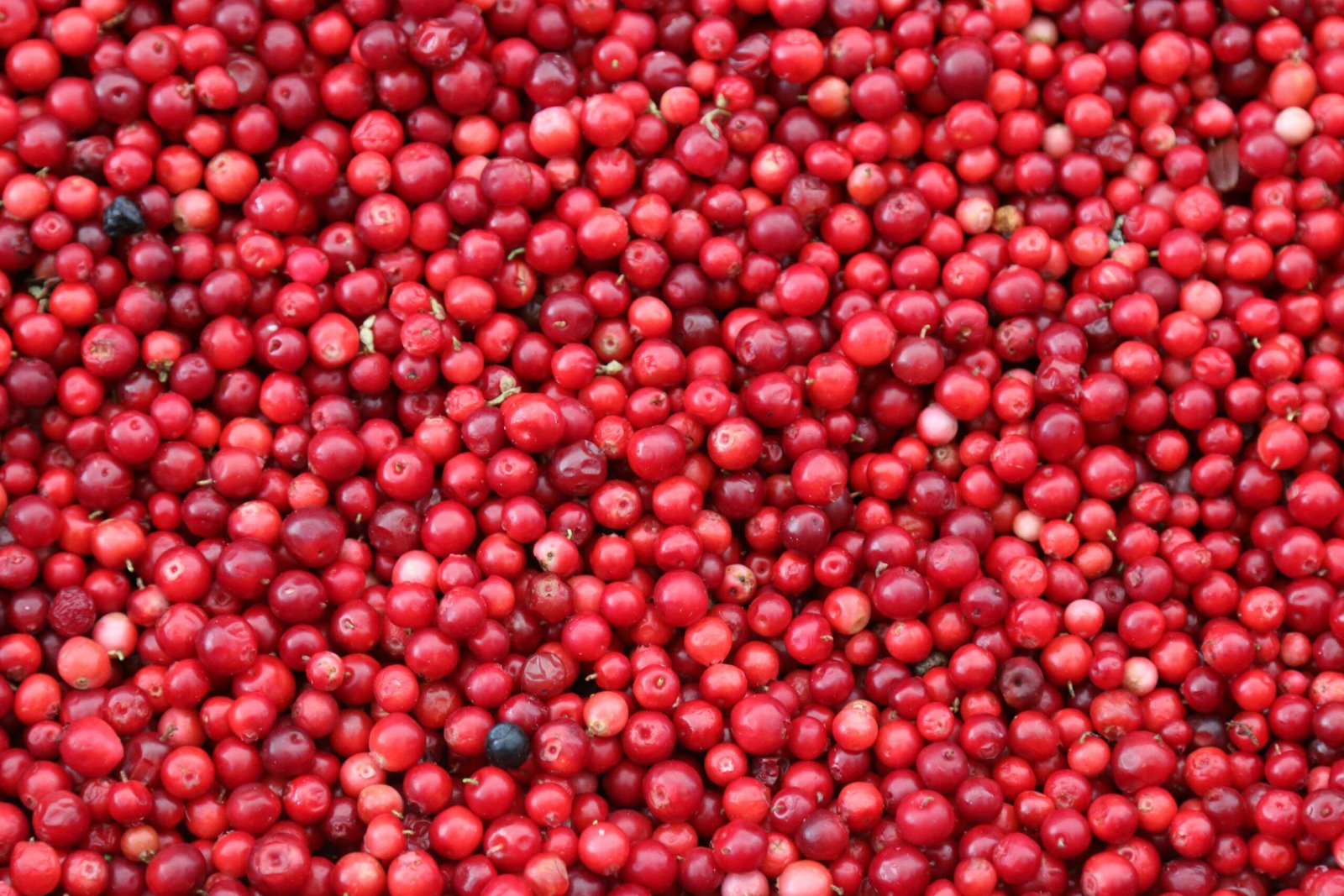Deer Antler Extract: Exploring its Uses and Lack of Scientific Support
Introduction
Deer antler extract has gained popularity in recent years as a natural supplement with various health benefits. However, it is important to examine the scientific evidence behind its use and understand why there may be limited support for its effectiveness.
What is Deer Antler Extract?
Deer antler extract is derived from the antlers of deer, typically from the species Cervus elaphus. These antlers are harvested during the growth phase when they are soft and covered in a velvet-like coating. The extract is obtained through a process of grinding and drying the antlers, followed by extraction using alcohol or water.
Traditional Uses and Cultural Significance
Deer antler extract has a long history of use in traditional Chinese medicine (TCM) and other ancient healing systems. It is believed to possess rejuvenating properties and has been used to support vitality, improve athletic performance, enhance sexual function, and promote overall well-being.
Potential Benefits and Claims
Advocates of deer antler extract claim that it can provide a range of benefits due to its high content of growth factors, amino acids, and minerals. Some of the commonly cited benefits include:
- Improved joint health and reduced inflammation
- Enhanced muscle strength and recovery
- Boosted immune system function
- Increased energy and stamina
- Improved sexual function and libido
Lack of Scientific Support
While deer antler extract has a rich history of use in traditional medicine, the scientific evidence supporting its effectiveness is limited and often controversial. Many of the studies conducted on deer antler extract have been small-scale or animal-based, making it difficult to draw definitive conclusions.
One of the challenges in studying deer antler extract is the complex composition of its active ingredients. It contains a variety of compounds such as insulin-like growth factors (IGFs), collagen, and minerals, which may contribute to its potential effects. However, isolating and studying these individual components in controlled experiments is challenging.
Regulatory Concerns and Controversies
In some countries, the sale and use of deer antler extract are regulated due to concerns about animal welfare and potential contamination. The process of harvesting antlers involves removing them from live deer, which has raised ethical concerns among animal rights activists.
Additionally, there have been instances of adulteration in the deer antler extract market, where products may be contaminated with other substances or contain lower amounts of the claimed active ingredients. This lack of regulation and quality control further complicates the evaluation of its effectiveness.
Conclusion
Deer antler extract has a long history of use in traditional medicine, particularly in TCM. However, the scientific evidence supporting its effectiveness is currently limited and often controversial. While some individuals may experience subjective benefits from using deer antler extract, it is important to approach its use with caution and consult with a healthcare professional.
As with any supplement, it is crucial to prioritize evidence-based approaches to health and wellness. More rigorous research is needed to better understand the potential benefits and risks associated with deer antler extract. Until then, it is advisable to rely on proven therapies and treatments for specific health concerns.



